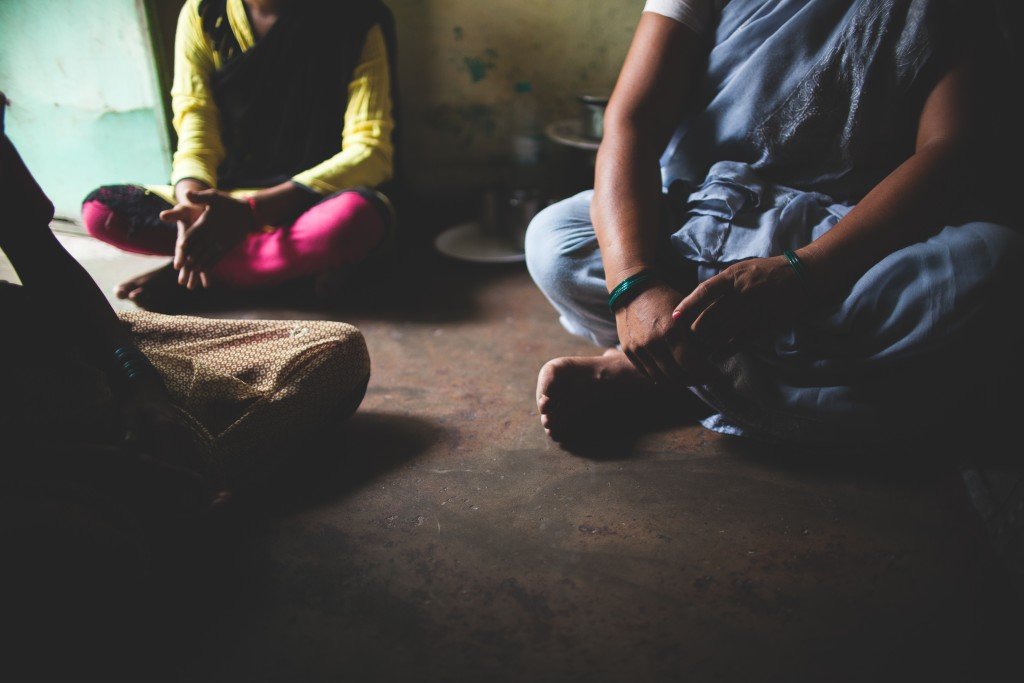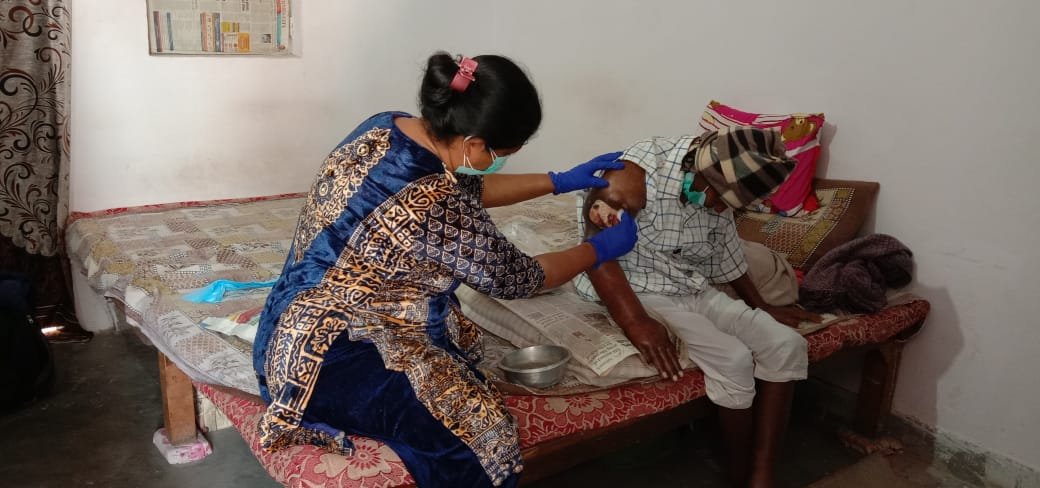
HIV & Cancer: A Family Matter
HIV and cancer are two stigmatized health conditions that stretch both patients and their family members in India. Caregiver burden is particularly pronounced when coupled with the demands of living in poverty. Despite differences in the epidemiology, treatment, and course of HIV and cancer, society-at-large continues to discredit and shun bodies scarred by compromised immunity or malignant cells. The stigma of living with HIV and/or cancer extends to caretakers and family members. Narrowing support for individuals living with HIV and/or cancer and failing to consider how the conditions broadly disrupt the lives of family members and caregivers is short-sighted.
To address this need we will identify characteristics, strengths, and vulnerabilities in households where a family member is living with HIV and/or cancer. This study builds on current supportive services at Shalom (EHA). The aims of this collaborative project between Shalom and the Global Community Health Lab are to: (1) develop an intervention model to understanding four factors – life and caregiver stressors, courtesy stigma, and religious coping - that potentially promote family wellness; and to (2) develop and evaluate an intervention in partnership with families affected by HIV and/or cancer that will be principally guided by the model we test in Aim 1.
PHOTO CREDIT: Shalom, Delhi
“Fear-based avoidance of contact borne from unreasonable disgust can implicitly reify social divides and perpetuate a fear of moral contamination that propagate condemnation and subjugation. Countless unnamed clinics similar to Shalom consistently denunciate disgust of any form through their proximity and common life with all people living with HIV [and cancer].”

